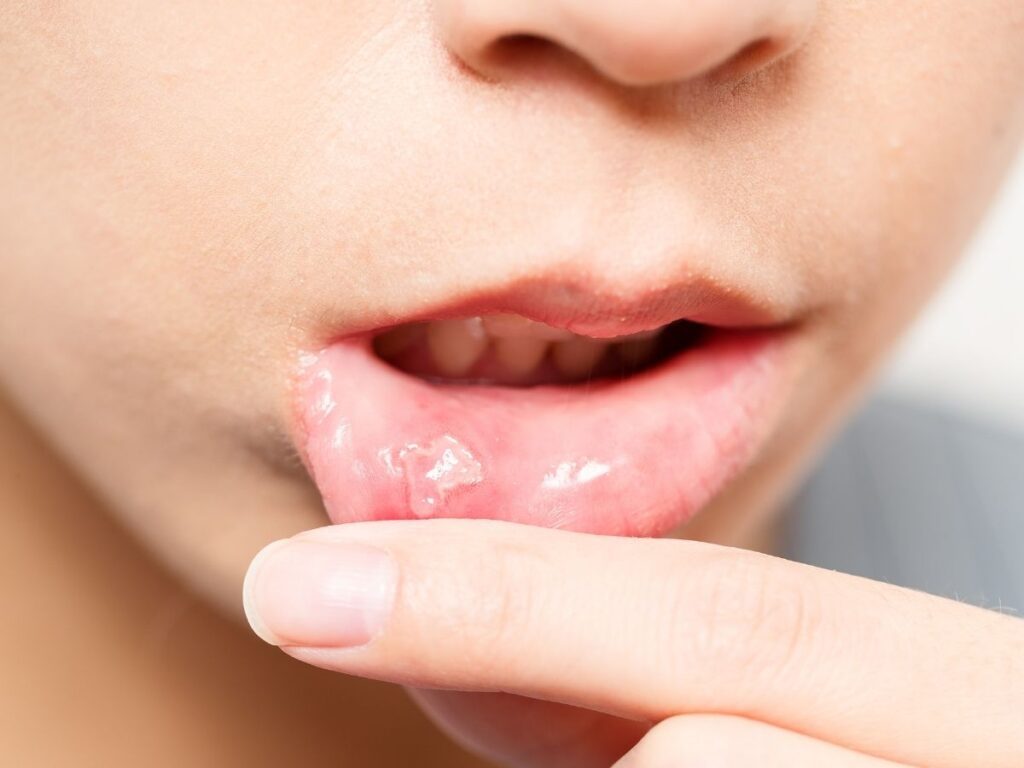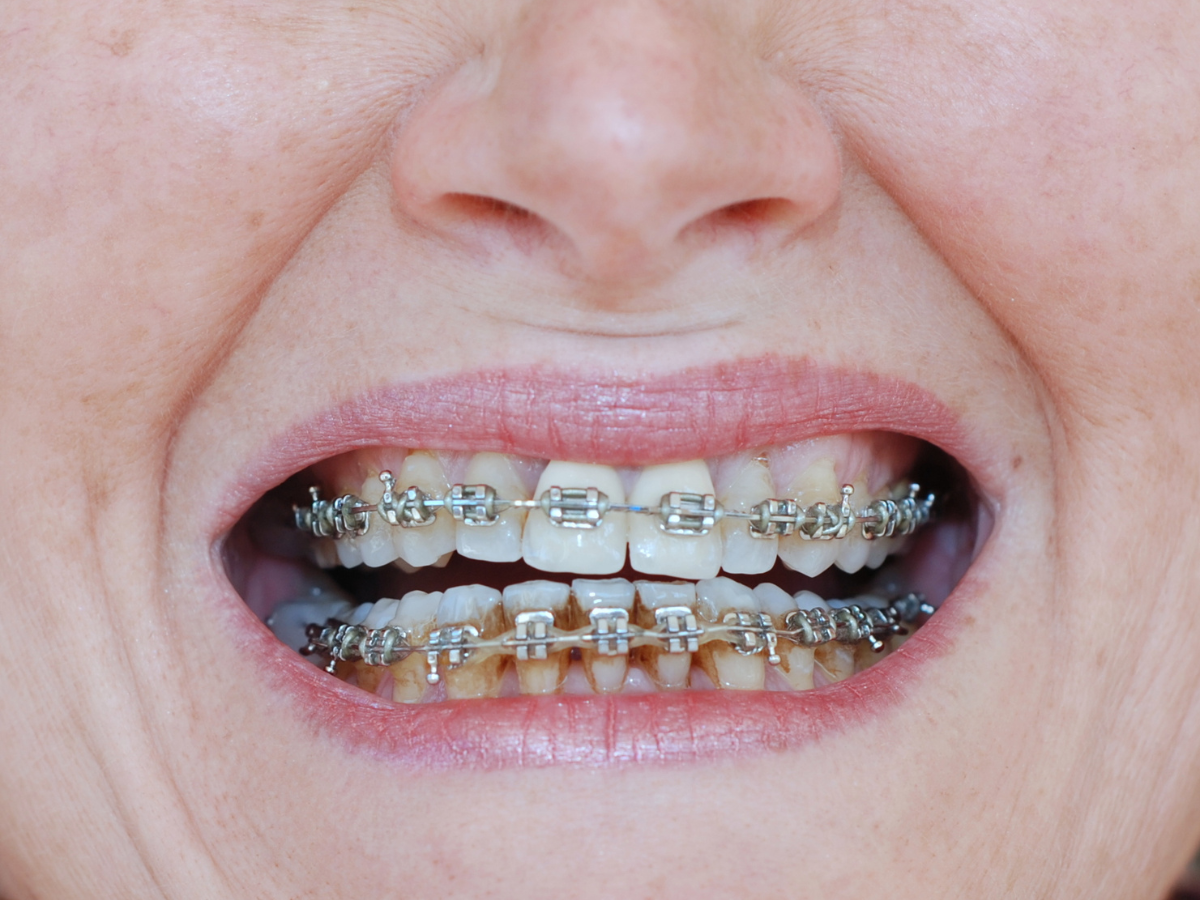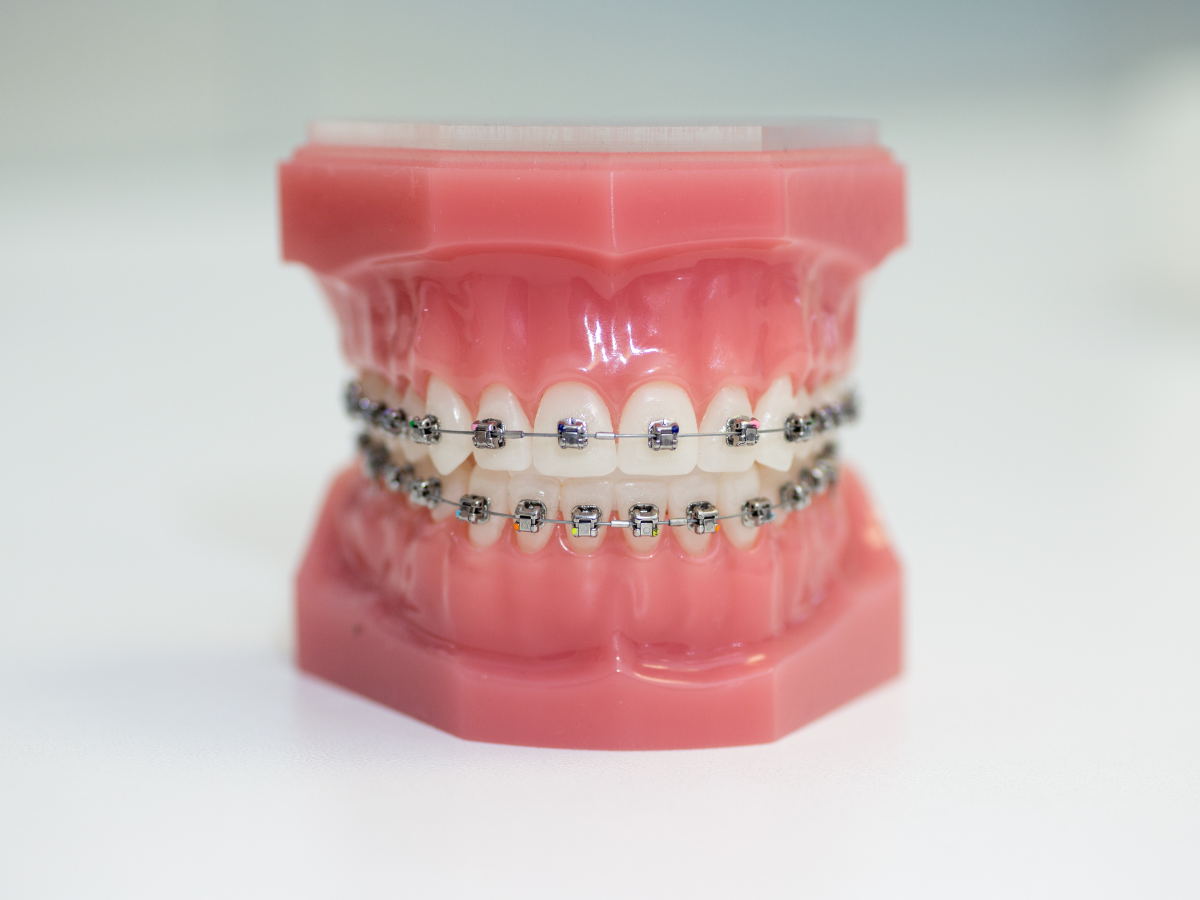Braces can be a life-changing experience, aligning teeth for a confident and beautiful smile. However, the journey to that perfect grin sometimes comes with a common and uncomfortable side effect – mouth ulcers from braces. These small sores can make the orthodontic process a bit challenging, but fear not! In this blog, we’ll delve into what mouth ulcers are, what causes them, and most importantly, provide valuable tips for treating and preventing ulcers caused by braces.
Understanding Mouth Ulcers:
Mouth ulcer from braces, also known as canker sores, are shallow, painful sores that can develop inside the mouth. They often appear as round or oval lesions with a white or yellowish center and a red border. While ulcers can occur for various reasons, they are a common occurrence for those with braces.
1. Trauma or Injury:
- Mechanical Injury: Accidental biting, sharp edges of dental appliances, or poorly fitting braces can cause physical trauma to the delicate tissues inside the mouth.
- Dental Procedures: Aggressive dental work, like rough cleanings or poorly fitted dentures, can also contribute to ulcers.
2. Oral Hygiene Practices:
- Poor Dental Hygiene: Inadequate oral care can lead to the accumulation of bacteria and food particles, irritating the gums and oral tissues.
- Overzealous Brushing: Brushing too vigorously or using a toothbrush with hard bristles may damage the delicate mucosal lining of the mouth.
3. Dietary Factors:
- Spicy or Acidic Foods: Consuming excessively spicy or acidic foods can irritate the sensitive lining of the mouth, leading to the formation of ulcers.
- Food Allergies: Certain individuals may be sensitive or allergic to specific foods, triggering ulcer development.
4. Medical Conditions:
- Celiac Disease: People with celiac disease, an autoimmune disorder triggered by gluten consumption, may experience mouth ulcers as one of the symptoms.
- Inflammatory Bowel Diseases: Conditions like Crohn’s disease and ulcerative colitis are associated with a higher incidence of mouth ulcers.
- Vitamin Deficiencies: Deficiencies in essential nutrients like vitamin B12, iron, and folic acid can contribute to the development of oral ulcers.
- Immune System Disorders: Certain autoimmune disorders, such as Behcet’s disease, can manifest with oral ulcers.
5. Stress and Emotional Factors:
- Psychological Stress: Emotional stress and anxiety may weaken the immune system and contribute to the development of mouth ulcers.
- Bruxism (Teeth Grinding): Stress-induced teeth grinding can lead to trauma in the mouth, creating an environment conducive to ulcer formation.
6. Medications:
- Certain Medications: Some medications, such as non-steroidal anti-inflammatory drugs (NSAIDs), beta-blockers, or angiotensin-converting enzyme (ACE) inhibitors, can contribute to the development of mouth ulcers as a side effect.
7. Infections:
- Viral or Bacterial Infections: Infections, such as the herpes simplex virus, can cause mouth ulcers. Bacterial infections resulting from cuts or injuries in the mouth can also contribute.
8. Tobacco and Alcohol Use:
- Smoking and Smokeless Tobacco: Tobacco use, both smoking and smokeless forms, can irritate oral tissues and increase the risk of mouth ulcers.
- Excessive Alcohol Consumption: Heavy alcohol intake can contribute to oral health issues, including the development of mouth ulcers.

Understanding the diverse range of factors that can contribute to mouth ulcers is essential for effective prevention and targeted treatment. If recurrent or severe ulcers are a concern, seeking advice from a healthcare professional or a dentist is recommended to identify and address the underlying cause.
Preventing Mouth Ulcers While Wearing Braces:
1. Maintain Excellent Oral Hygiene:
- Brush your teeth and braces gently after every meal.
- Use a soft-bristle toothbrush and fluoride toothpaste.
2. Regular Orthodontic Check-ups:
- Schedule regular appointments with your orthodontist to address any issues promptly.
- Adjustments can be made to braces to minimize friction and irritation.
3. Orthodontic Wax:
- Apply orthodontic wax to any sharp edges or protruding wires on braces.
- This creates a protective barrier, preventing friction with oral tissues.
4. Diet Modifications:
- Avoid hard, crunchy, or sticky foods that can cause irritation.
- Choose softer foods and cut fruits and vegetables into smaller, more manageable pieces.
5. Hydration:
- Drink plenty of water throughout the day to keep your mouth moist.
- Proper hydration helps reduce friction and irritation.
6. Stress Management:
- Stress can contribute to the development of mouth ulcers.
- Practice stress-reducing techniques such as deep breathing, meditation, or yoga.
7. Limit Trigger Foods:
- Identify and reduce the consumption of foods that may trigger ulcers, such as spicy or acidic items.
8. Mouthguard for Bruxism:
- If you grind your teeth at night, consider using a mouthguard to prevent additional irritation.
9. Vitamin and Mineral Supplements:
- Ensure you are getting an adequate intake of vitamins and minerals, especially vitamin B12, iron, and folate, which play a role in oral health.
10. Avoid Tobacco and Alcohol:
- Both tobacco and excessive alcohol consumption can contribute to oral health issues.
- Minimize or eliminate these substances to promote overall oral well-being.
Treating Mouth Ulcers Caused by Braces:
1. Saltwater Rinse:
- Mix one teaspoon of salt in a glass of warm water.
- Gargle with this solution for 30 seconds, then spit it out.
- Repeat several times a day to reduce inflammation and promote healing.
2. Over-the-Counter Oral Gels:
- Apply a small amount of an over-the-counter oral gel containing benzocaine directly onto the ulcer.
- Follow the product instructions for application frequency.
- These gels provide temporary relief by numbing the affected area.
3. Topical Antiseptics:
- Use a mouthwash with antiseptic properties to help prevent infection.
- Rinse your mouth according to the product guidelines.
- Antiseptic mouthwashes containing chlorhexidine can be particularly effective.
4. Oral Pain Relievers:
- Over-the-counter pain relievers such as acetaminophen or ibuprofen can help manage pain and reduce inflammation.
- Follow the recommended dosage and consult a healthcare professional if you have any concerns.
5. Ice Therapy:
- Apply an ice cube directly to the ulcer for a few minutes.
- The cold helps numb the area and reduce swelling.
- Avoid prolonged exposure to prevent tissue damage.
6. Honey Application:
- Dab a small amount of honey onto the ulcer using a cotton swab.
- Honey has natural antibacterial properties and can aid in the healing process.
7. Aloe Vera Gel:
- Apply a small amount of aloe vera gel directly onto the ulcer.
- Aloe vera has anti-inflammatory and soothing properties.
Conclusion:
While mouth ulcers caused by braces can be a temporary inconvenience, they are manageable with proper care and attention. By adopting good oral hygiene practices, making smart dietary choices, and employing some simple home remedies, you can navigate your orthodontic journey with minimal discomfort. If issues persist, it’s crucial to consult with your orthodontist for personalized advice. Remember, a beautiful smile is worth the effort, and with the right approach, you can keep those mouth ulcers at bay.



